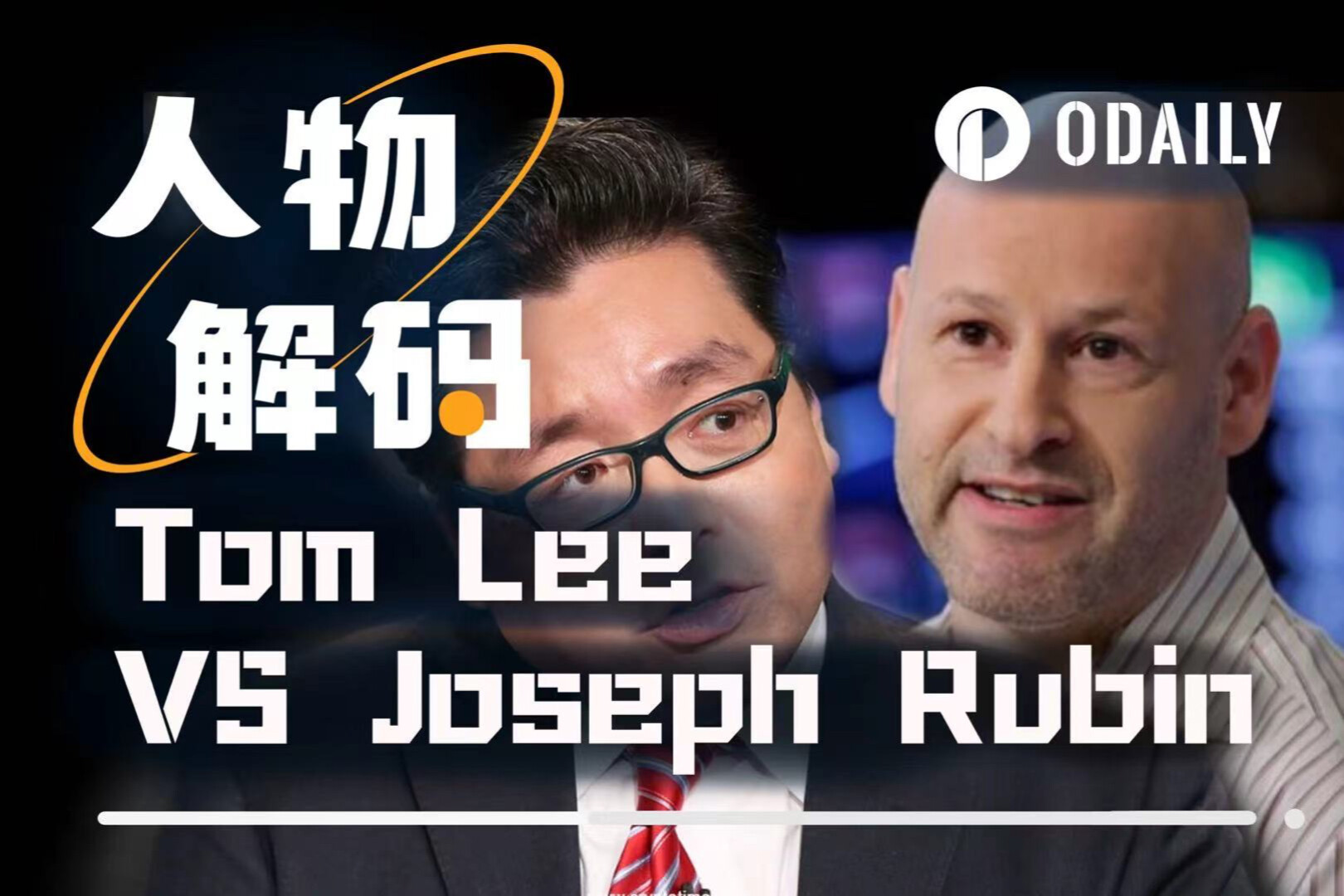Original article by: Zen, PANews
Recently, ATMTA, the development company of the Solana ecosystem's 3A chain game Star Atlas, announced a large-scale layoff, including full-time employees and contractors from collaborating studios invited to develop the game. The total team size has been reduced from 167 to 45, with a layoff ratio of 73%.
Michael Wagner, co-founder and CEO of ATMTA, said they have reassessed their budget and development needs to ensure the maintenance of their infrastructure. He also stated that this is ultimately a "process of determining key personnel who will enable us to achieve our long-term vision and continue building our various product lines in development."
However, Wagner also acknowledged that the downsizing of the team may affect game development. After this round of layoffs, the collaborative development activities with the contracted studios will be significantly reduced, and the flagship product line, which utilizes the Unreal Engine, will undoubtedly be the most affected. Considering ATMTA's original plan was to launch the full version of Star Atlas in 4 to 6 years, this large-scale layoff might extend the development cycle and even result in worse circumstances.
Born in a bull market and highly regarded, slashed by 50% of funds in FTX
Due to the long development cycle of 3A games, it typically takes at least 3 to 5 years and consumes significant funds and resources. Therefore, it is not uncommon for development teams to terminate projects and disband related teams to cut losses. For example, at the end of last year, the domestic game giant MiHoYo disbanded the 3A game Project SH, which also adopted the Unreal Engine. Project SH was a shooting game set in an open world with an anime art style. It was initially announced in 2019 and led by the founder of MiHoYo and the producer of "Genshin Impact." However, due to the project's progress not meeting expectations, it was forced to be terminated and not much information was disclosed to the public until its disbandment.
Star Atlas initially attracted widespread attention not only because of its space theme and the emerging concept of the metaverse at the time but also because of its visually stunning trailer and grand world-building. Thanks to blockchain and NFT technology, Star Atlas was able to raise funds through token and NFT sales before the game was even released. It has launched a game-centric NFT trading market called the Galactic Marketplace and has also released a web-based game based on Star Atlas, following a model of earning money while developing.
As a project launched during the crypto bull market in 2020, Star Atlas clearly cannot compete with traditional game industry giants in terms of funding and development technology. It initially completed seed funding under the leadership of the Solana ecosystem DeFi project Serum. Later, it raised over $10 million from institutions such as PetRock Capital, Animoca Brands, Alameda Research, Bixin Ventures, Tagus Capital, Megala Ventures, CryptoViet Ventures. In 2021, Star Atlas also raised $1.5 million in the sale of the game token ATLAS and the governance token POLIS. Currently, the circulating market value of these two tokens is around $18 million. However, in November of the previous year, FTX's collapse resulted in a loss of $16 million in ATMTA, accounting for about half of the company's funds. When FTX suspended withdrawals, these funds became unusable. After that, ATMTA partially recovered the funds lost by selling the rights to some investment funds.
In the context of a long bear market, ATMTA, which has suffered a great deal on FTX, still manages to generate some income every month, but the money they earn is no longer enough to cover the team's monthly expenses of millions of dollars. Wagner, who claimed last year that this game would cost nearly $200 million just for NFTs, is far from reaching that scale. Regarding layoffs and the future development of Star Atlas, Wagner recently stated that ATMTA will focus on upcoming products, which may bring attractiveness and increase revenue to Star Atlas, thereby driving its long-term goals.
There has always been controversy surrounding the long-term revenue model of Star Atlas that keeps promising players. Kieran Warwick, co-founder of the blockchain game Illuvium, questioned the sustainability of the project last year, tweeting that Star Atlas will "completely ruin retail." In the debate, Kieran Warwick compared Star Atlas with Star Citizen. Star Citizen is a non-blockchain game with a similar space theme, integrating combat gameplay, world-building, and commerce, providing players with an extremely realistic and unprecedented sensory experience of flying through the vast universe and engaging in interstellar warfare. Star Citizen has raised a cumulative total of $500 million through crowdfunding, and it has a large development team. After more than a decade of development, the game is still in the alpha stage, and the single-player mode, "Squadron 42," that it is developing has also been delayed multiple times, from the fourth quarter of 2020 to the present.
Still Committed to the Solana Ecosystem
Currently, Star Atlas is facing the same challenges as other projects in the industry. The Solana blockchain, where the game is located, also faces many challenges: many games and NFT projects have left this ecosystem, and some original Solana-exclusive blockchain games are seeking expansion to other blockchains.
However, the close relationship between ATMTA and Solana remains unchanged, Wagner said: "We have always and will continue to strongly support Solana and its innovation. I sincerely believe that the work we are doing based on on-chain game logic can only be realized on networks like Solana." The F-KIT developed by ATMTA is a toolkit created to improve the efficiency of Solana game development. It quickly and easily connects players to the Solana blockchain from within Unreal Engine 5. It also provides developers with UI blueprints and visual coding capabilities for integration with any Solana program.
Although ATMTA is reducing its workforce, Wagner said the team is moving forward and plans to rebuild the Unreal Engine team in a timely manner. In other words, the long-term goal has not changed, but the Star Atlas team is changing direction in the challenging crypto market and financial setbacks. "We will not stop the development of Unreal Engine," he said. "Our vision has not changed at all. We are just adjusting the priorities of our work, focusing on things that can be easily replicated immediately, and we leverage that to expand our user base and generate more substantial revenue."
"When we launched this product in January 2021, we didn't have a single dollar; we only had a whitepaper and a dream." In the recent setbacks, Wagner wants to reiterate that the company is continuously moving forward, building products, and maintaining the vision of turning Star Atlas into a reality.



